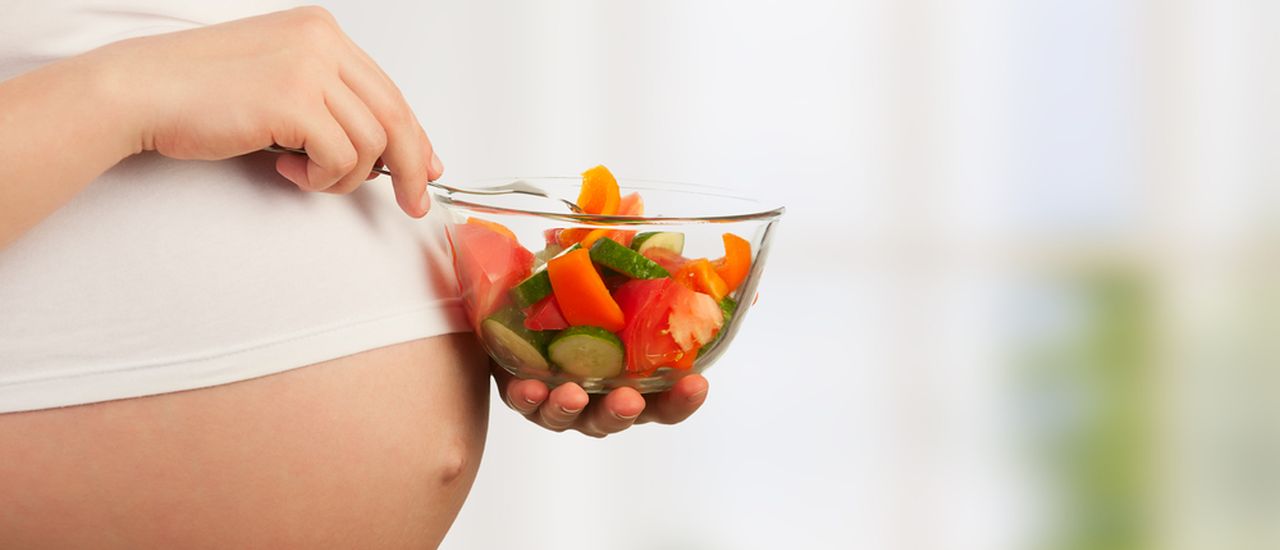You’re taking folic acid, getting enough calcium and eating your fresh fruit and vegetables, but do you know which foods you should actually avoid during pregnancy, and why they’re bad for you?
We take a look at the top foods you shouldn’t eat while pregnant.
1. Under-cooked poultry, eggs and meat
Make sure all meat and poultry is fully cooked before eating it. If the meat is still pink, or transparent (for example egg whites), then it needs to be cooked longer.
If you’re cooking hot dogs and other processed meat, make sure they’re steaming hot before eating, or avoid them completely. This type of meat can be a source of listeriosis, a potentially serious illness which causes food poisoning. You should also avoid refrigerated pates and meat spreads, and only go for the canned varieties.
Raw eggs can be contaminated with the harmful bacteria salmonella, so avoid dishes made with raw or partially cooked eggs, such as eggnog, raw batter, hollandaise sauce and Caesar salad dressing.
Don’t buy raw poultry that’s been pre-stuffed, as raw juices that mix with the stuffing can cause bacteria to grow.
2. Seafood high in Mercury
Seafood is a great source of protein, and omega-3 fatty acids in fish such as salmon is very good for healthy foetal development. Certain fish and shellfish however, contain potentially dangerous levels of mercury, too much of which can damage your baby’s developing nervous system.
As a general rule of thumb, the bigger the fish, the more mercury it likely contains, so pregnant women should avoid eating fish such as swordfish, mackerel and fresh tuna.
Safe seafood options include: canned tuna, prawns, crab, salmon, hake, haddock or cod. Avoid raw, under-cooked seafood of any kind, and make sure the fish you do eat is cooked through.
3. Safe dairy products
Low-fat dairy products are a healthy part of your pregnancy diet, but avoid anything that’s made with unpasteurised milk, as it could lead to food poisoning as a result of the listeriosis bacteria. Always check the labels of soft cheeses such as Brie, Feta, Camembert or Blue cheese before buying them, to see if they are made with pasteurised milk.

